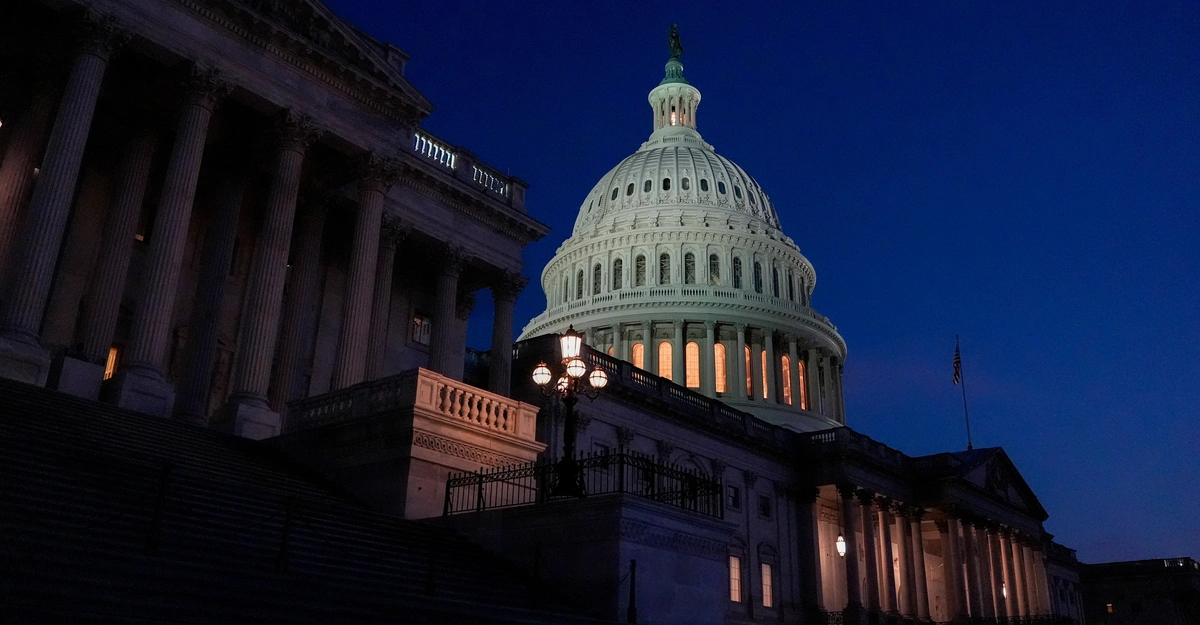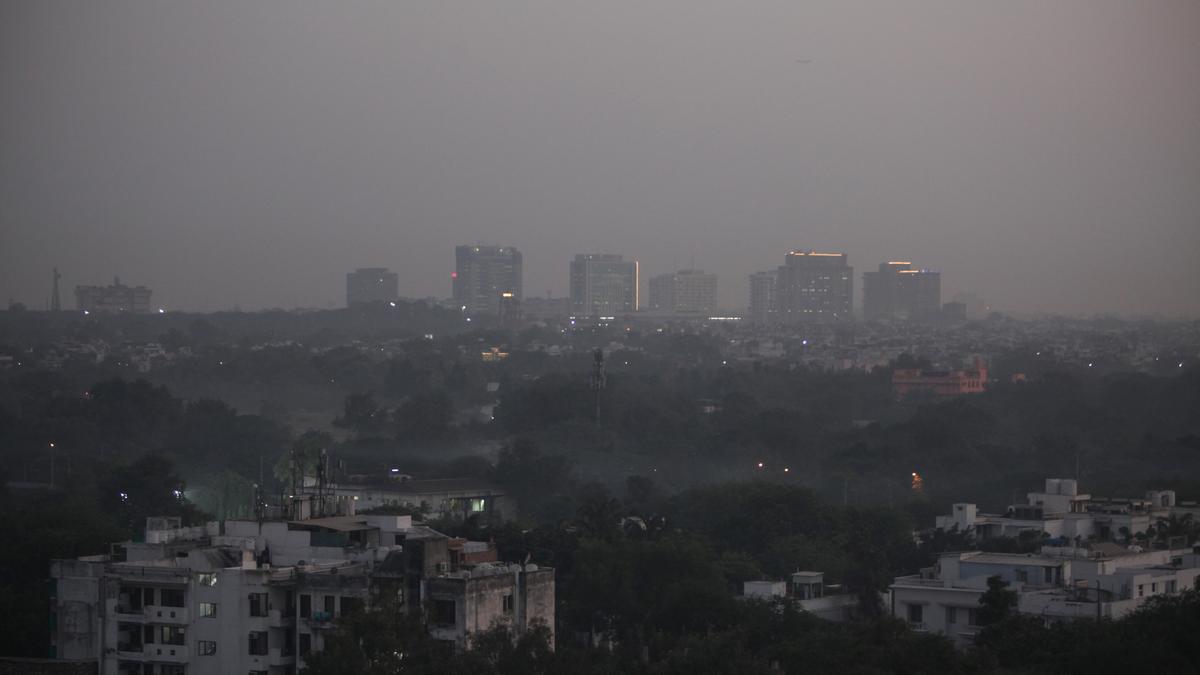Copyright The Atlantic

The conventional wisdom about government shutdowns is that they always fail. Senate Democrats probably assumed as much when they shut down the government. Perhaps they thought they were giving partisan activists something to root for, even fleetingly, before eventually caving. That was a reasonable, if somewhat cynical, calculation. The odd thing is that the shutdown was actually working for Democrats, but in a way that some Democratic senators did not fully internalize, and which makes their ultimate capitulation tonight much harder to understand. The reason shutdowns always fail is that the public eventually turns against the party responsible, applying more and more heat until its most vulnerable members feel compelled to give in. Presidents have little reason to give concessions to end shutdowns, because the bulk of the political pain is typically felt by their congressional adversaries. That did not happen this time. Polls found that the public narrowly but consistently placed the blame on Donald Trump and his allies, not congressional Democrats. The likely reason is that Trump has comported himself unlike any other president, flaunting his impunity in ways both important (refusing to fund programs authorized by Congress) and visible (a unilateral demolition of the East Wing). He hosted a decadent “Great Gatsby” Halloween party at Mar-a-Lago hours before millions of Americans lost food stamps. Trump’s approval ratings have tailed off sharply during the shutdown. Indeed, Trump himself attributed the Republican Party’s surprisingly dismal performance in Tuesday’s elections to the shutdown. What’s more, Democrats’ goal during the shutdown was to draw more public attention to health care, one of their strongest issues, and one where Republicans are engineering a social catastrophe. Democrats are demanding an extension of tax credits for people purchasing health insurance on the individual market. That is an issue where they command massive public support. Republicans were unlikely ever to give in on the tax credits, because their ideological opposition to universal health care is so overwhelming that they would rather suffer defeat than surrender. But that is just the thing: They were taking the hit. Democrats succeeded in drawing news coverage to health care, and even baited Republicans into floating more of their toxic and radical ideas for changing the system. The likeliest way out of the impasse wasn’t that Republicans would make concessions on Obamacare, but rather, that they would decide to end the filibuster, changing Senate rules to block minority parties from shutting down the government. Trump has demanded Republican senators do this, and his ask is completely reasonable. It makes no sense for Congress to require a supermajority vote merely to allow the government to stay open. This outcome would ultimately have been a win for Democrats. The Senate would get fairer and more reasonable rules. Democrats would not find themselves in the unfair position of being asked to supply votes for a government-spending deal Trump feels free to violate at will. And the next time Democrats get full control of government but fewer than 60 Senate votes, they would have an easier time passing their own agenda. Yet this may be the very possibility that caused a handful of Senate Democrats to defect. The substantive arguments for the filibuster are terrible, but they appeal to the senatorial ego. Senators in both parties cherish the filibuster as the thing that makes their chamber unique. Democrats could have held the line on the shutdown, and spent weeks watching Trump’s approval ratings fall while war breaks out between the pro-filibuster Republican senators and the president and his loyalists. This would have produced a better and more democratic ultimate outcome. Holding out would have caused serious pain in the short run. “I think people were saying ‘We’re not going to get what we want,’ although we still have a chance,” Senator Angus King, a Maine independent who caucuses with Democrats, said. “But in the meantime, a lot of people are being hurt.” If you truly believe that Trump poses an existential threat to the republic, however, this is the kind of ruthless maneuver you would undertake. Trump has already caused, and will continue causing, horrific outcomes for vulnerable Americans. Democrats may have been more surprised than anybody to discover their shutdown strategy was actually drawing political blood. Their instinct was to withdraw the knife anyway.



